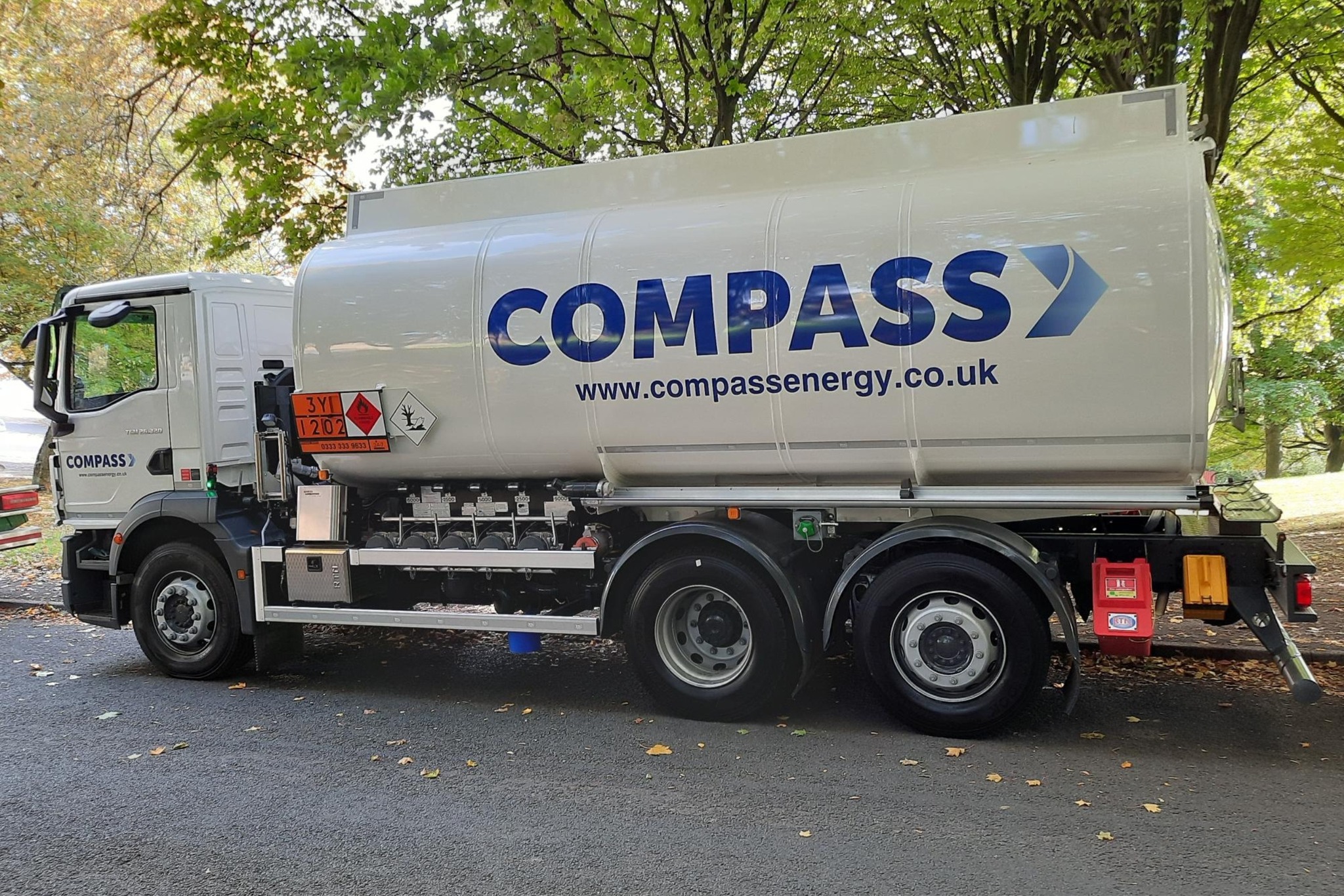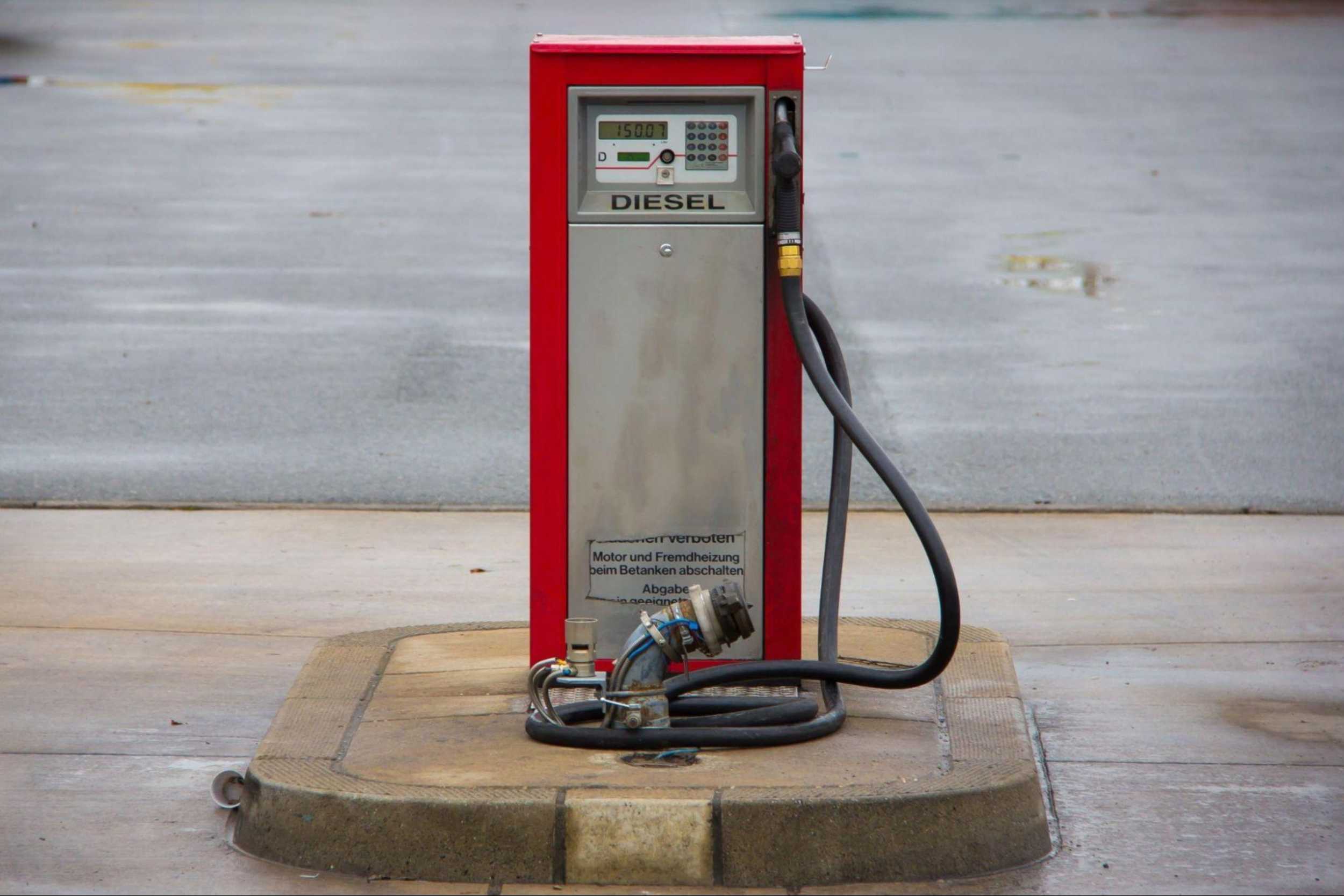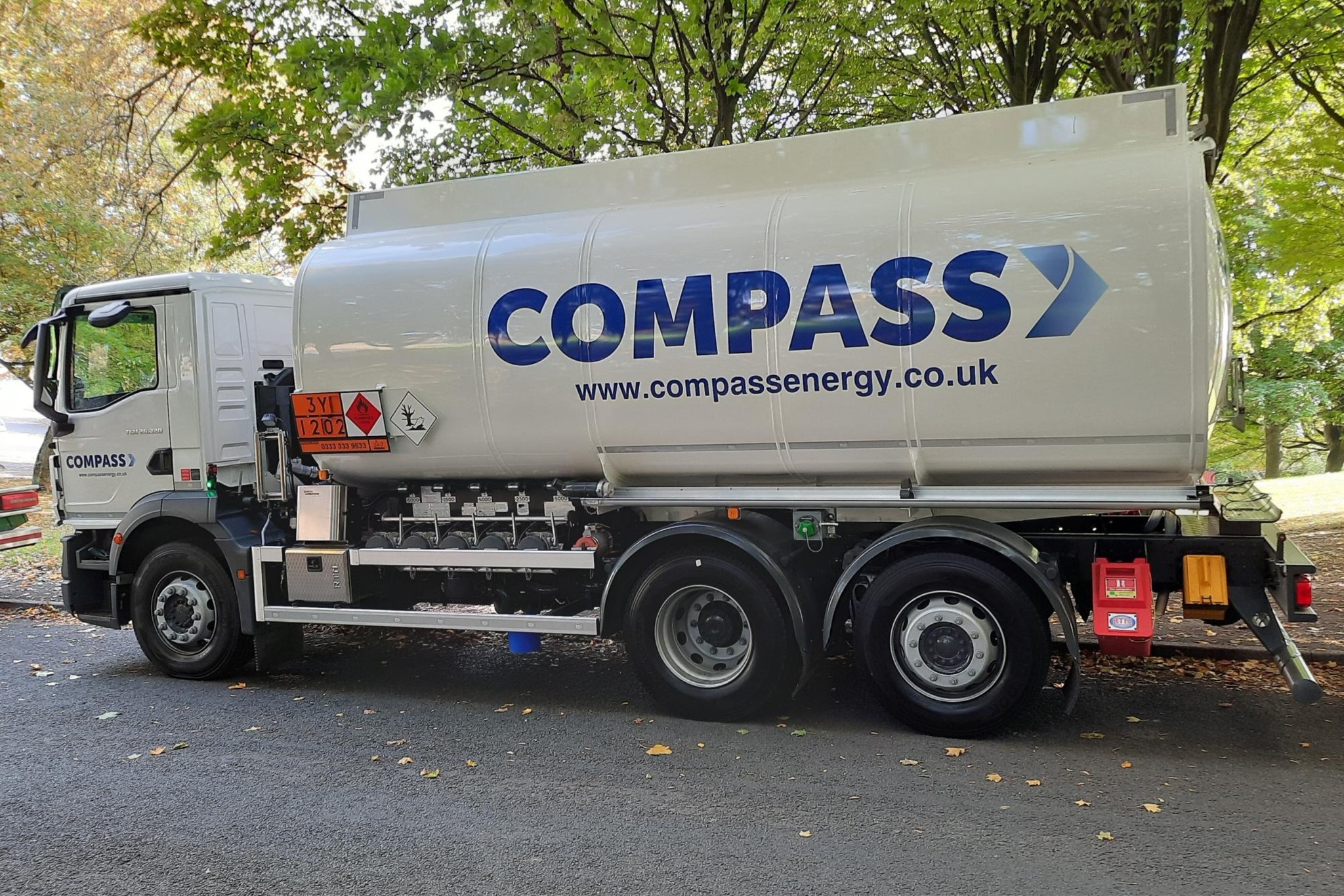UK Farming Fuel: Essential Energy for British Agriculture

Farming is the backbone of the UK’s food supply, economy, and rural communities. To keep this vital sector running, a reliable and cost-effective fuel supply is crucial. Tractors, harvesters, irrigation systems, generators, and grain dryers all depend on fuel to operate efficiently. UK farming fuel encompasses a range of products designed to meet the unique demands of agricultural operations, from red diesel and kerosene to renewable alternatives like HVO.
Understanding the types of fuel available, their legal uses, and the regulations that govern them helps farmers manage energy consumption, remain compliant, and make informed decisions for both cost and sustainability.
The Role of Fuel in Modern UK Agriculture
Modern farming is a highly mechanised industry. Fuel is used not just in tractors and combines but in nearly every aspect of farm management. Diesel powers tilling, planting, spraying, and harvesting. Heating fuels like kerosene or heating oil keep buildings warm during cold months, ensuring livestock welfare and crop quality. Backup generators, irrigation systems, and on-site processing equipment all rely on steady energy supply.
As farms become more automated and productive, fuel use has become more complex—and more central to operational success.
Primary Types of UK Farming Fuel
1. Red Diesel (Gas Oil)
Red diesel is the most commonly used fuel in UK agriculture. It is chemically identical to standard diesel (white diesel) but dyed red to indicate its rebated tax status. It is substantially cheaper than road diesel due to lower fuel duty, making it ideal for use in:
Tractors and combine harvesters
Crop sprayers and balers
Generators and irrigation pumps
Heating for outbuildings and greenhouses
However, red diesel can only be used for specific agricultural purposes, and strict rules apply to its use and storage. Misuse—such as using red diesel in road vehicles—is illegal and subject to penalties by HMRC.
2. White Diesel (DERV)
White diesel, also known as DERV (Diesel Engine Road Vehicle), is used in any agricultural vehicles that operate on public roads. While more expensive than red diesel, it’s essential for lorries, pick-up trucks, and farm equipment that crosses public highways.
3. Kerosene and Heating Oil
Kerosene is commonly used for heating rural buildings, including farmhouses, greenhouses, livestock barns, and workshops. It burns cleanly and efficiently and is often chosen for its performance in colder climates. Some older engines and space heaters also run on kerosene.
Heating oil, a broader term, is similar and used primarily in central heating systems for larger properties or multiple farm buildings.
4. HVO (Hydrotreated Vegetable Oil)
HVO is a renewable diesel alternative that’s becoming increasingly popular among environmentally conscious farmers. It’s made from recycled vegetable oils and animal fats and can reduce greenhouse gas emissions by up to 90%. HVO is fully biodegradable and compatible with most diesel engines without modification.
Though currently more expensive than traditional fuels, its sustainability benefits make it an attractive option for farms working towards net-zero targets or seeking government grants for green initiatives.
Fuel Storage and Delivery on Farms
Most UK farms receive fuel in bulk deliveries and store it in on-site tanks. This setup ensures continuous access to fuel and allows for efficient refuelling of multiple machines. However, there are important responsibilities attached to bulk storage, including:
Use of bunded fuel tanks to prevent leaks
Compliance with Environment Agency regulations
Regular inspections and maintenance
Clear labelling and proper separation of red and white diesel
Many agricultural fuel suppliers offer fuel monitoring systems, emergency top-ups, and automatic reordering services to help farmers manage supply efficiently.
Legal Compliance and Environmental Responsibility
Fuels used in agriculture are tightly regulated in the UK. Farmers must follow HMRC rules for rebated fuel use and keep accurate usage records. Fuel suppliers must also be licensed, and improper storage or spillage can lead to fines under environmental protection laws.
As the UK transitions to a lower-carbon economy, the farming sector faces increasing pressure to reduce emissions. Fuel efficiency, engine maintenance, and alternative fuels like HVO will play key roles in helping farms meet future sustainability requirements.
Conclusion
Fuel is not just a commodity—it’s a strategic resource in UK agriculture. Choosing the right farming fuel, using it legally, and storing it safely are all essential to the success of a modern farm. From red diesel and kerosene to renewable fuels like HVO, UK farmers have access to a range of options to power their equipment and heat their facilities.
With rising energy costs and stricter environmental regulations, the ability to manage fuel effectively can make a significant difference to both a farm’s bottom line and its long-term sustainability. Whether you're operating a small family farm or a large estate, staying informed about your fuel choices ensures a more productive and resilient future.
Note: IndiBlogHub features both user-submitted and editorial content. We do not verify third-party contributions. Read our Disclaimer and Privacy Policyfor details.







